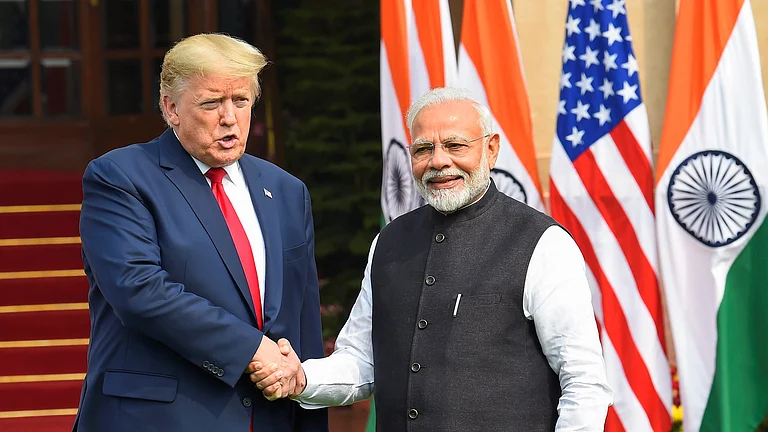Amid rising cancer incidence and continuing concerns over the affordability of treatment in India, recent developments in Russian oncology research have offered cautious optimism. The Federal Medical-Biological Agency (FMBA) of Russia has announced positive early-stage results for Enteromix, a personalised mRNA-based cancer vaccine, developed primarily for colorectal cancer.
Unveiled at the St. Petersburg International Economic Forum (SPIEF 2025), Enteromix has been described by Russian authorities as a potential breakthrough in cancer immunotherapy.
According to the FMBA, the vaccine has demonstrated 100% efficacy in limited early-phase trials, with no serious adverse effects reported. It is also undergoing preliminary evaluation for glioblastoma and melanoma.
Developed by the FMBA in collaboration with the National Medical Research Radiology Centre and the Engelhardt Institute of Molecular Biology, Enteromix utilises mRNA technology similar to that used in COVID-19 vaccines. The formulation is tailored to the individual RNA profile of patients and works by training the immune system to identify and destroy tumour cells.
Dr. Veronica Skvortsova, Head of the FMBA, stated that the vaccine showed a measurable reduction in tumour size and growth rate in early trials. “It offers a personalised, less invasive, and potentially more tolerable alternative to conventional therapies,” she said.
In India, oncologists have welcomed the development but with measured caution.
Dr. Pragya Shukla, Head of Clinical Oncology at the Delhi State Cancer Institute, said that while the preliminary outcomes are promising, critical data is still lacking. “This is an mRNA vaccine that must be customised for each patient. While the results appear encouraging, the full clinical trial phases and their findings need rigorous scrutiny before we draw conclusions,” she said.
Echoing a similar stance, Dr. Adhip Arora, Medical Oncologist at AIIMS Delhi, noted that human trials have so far been limited in scale and have not yet been peer-reviewed. “Enteromix has shown early tumour shrinkage and immune activation, but large-scale, transparent, and replicable trials are essential. No clinical trials have been conducted in India to date,” he said.
An oncologist from Safdarjung Hospital, speaking on condition of anonymity, remarked that the development is “encouraging in a sector with immense unmet need,” but cautioned that “its efficacy and safety in the Indian context remains untested.”
At the same time, despite promising clinical indicators, the availability of Enteromix in India hinges largely on regulatory approvals. Under existing frameworks, the Central Drugs Standard Control Organisation (CDSCO) and the Drugs Controller General of India (DCGI) mandate local clinical trials for most foreign biologics, unless these are already approved by regulatory bodies in select countries — namely the United States, United Kingdom, European Union, Canada, Japan, or Australia. Russia does not currently fall within this recognised list.
Unless exceptions or policy amendments are introduced, Enteromix would need to undergo a full spectrum of Indian trials prior to any commercial rollout, said the experts.
India continues to grapple with a mounting cancer burden. According to official estimates, 1.41 million new cancer cases were recorded in 2022, alongside 9.2 lakh deaths. Treatment affordability too remains a critical issue, with some patients incurring out-of-pocket expenditures as high as Rs 3.3 lakh per year, often leading to financial distress among affected households.
If validated through larger global trials and approved by Indian regulators, Enteromix could potentially alter cancer treatment paradigms by offering a personalised, less invasive alternative to traditional chemotherapy and radiation. For now, however, the vaccine remains a promising development pending further scientific evidence and regulatory clarity.



























